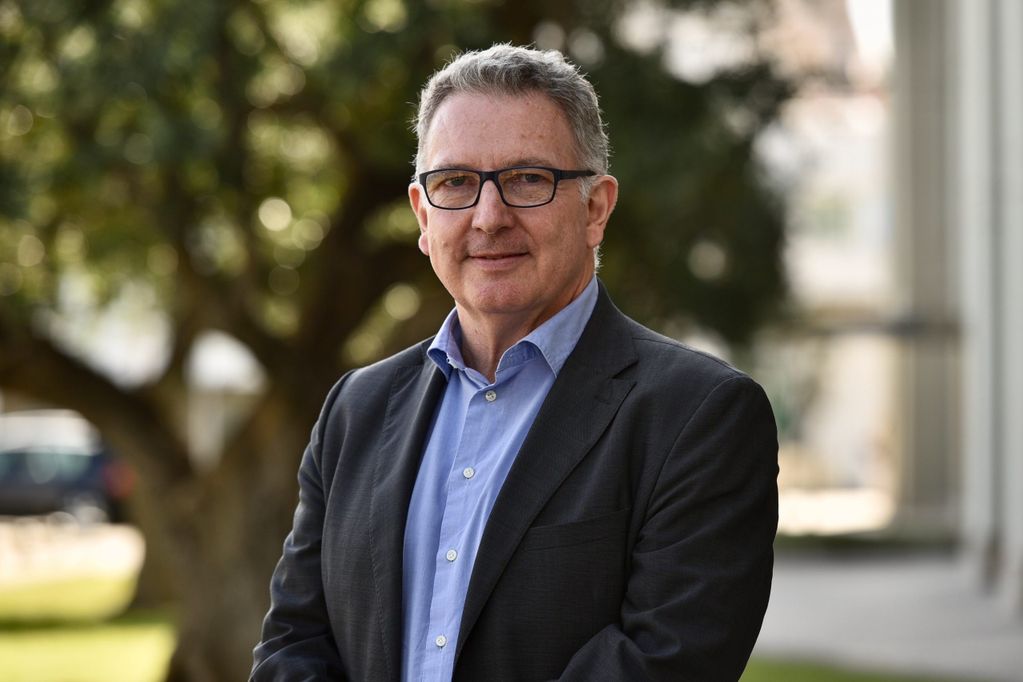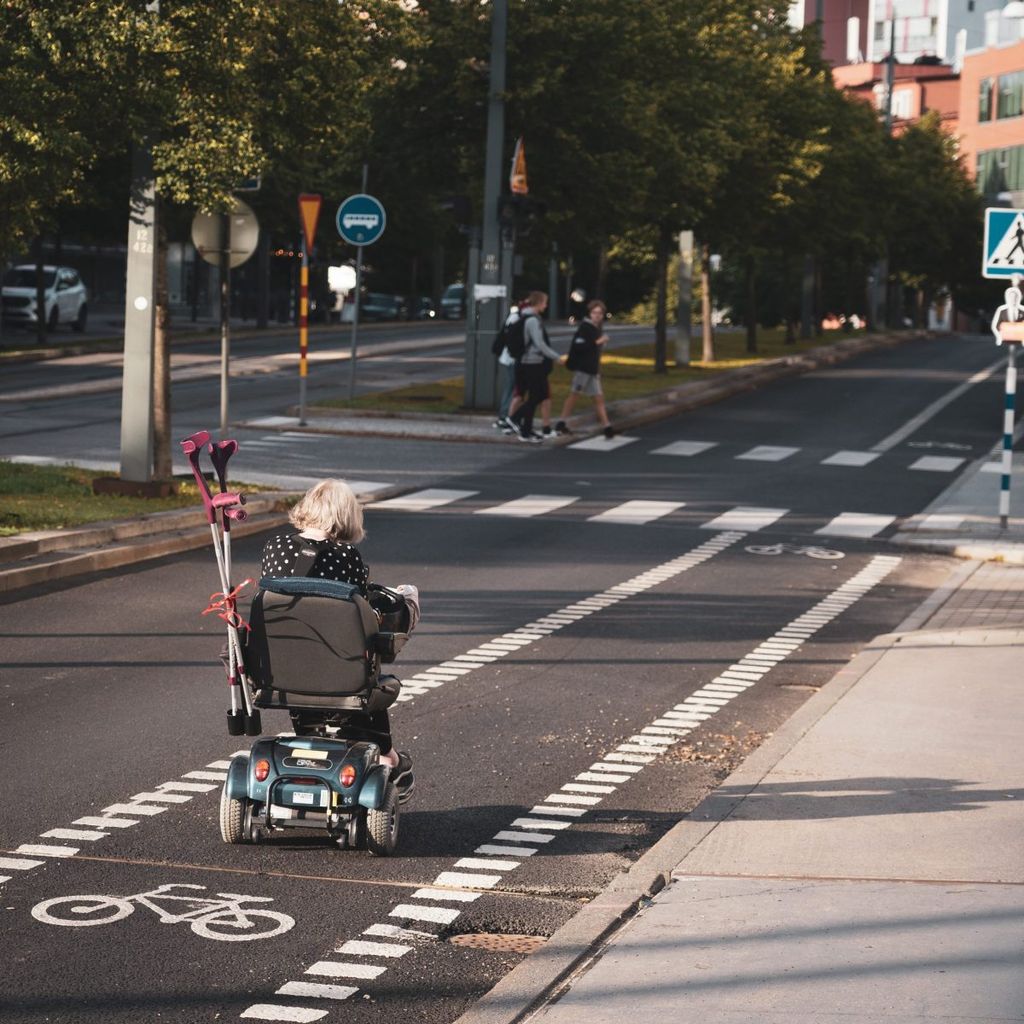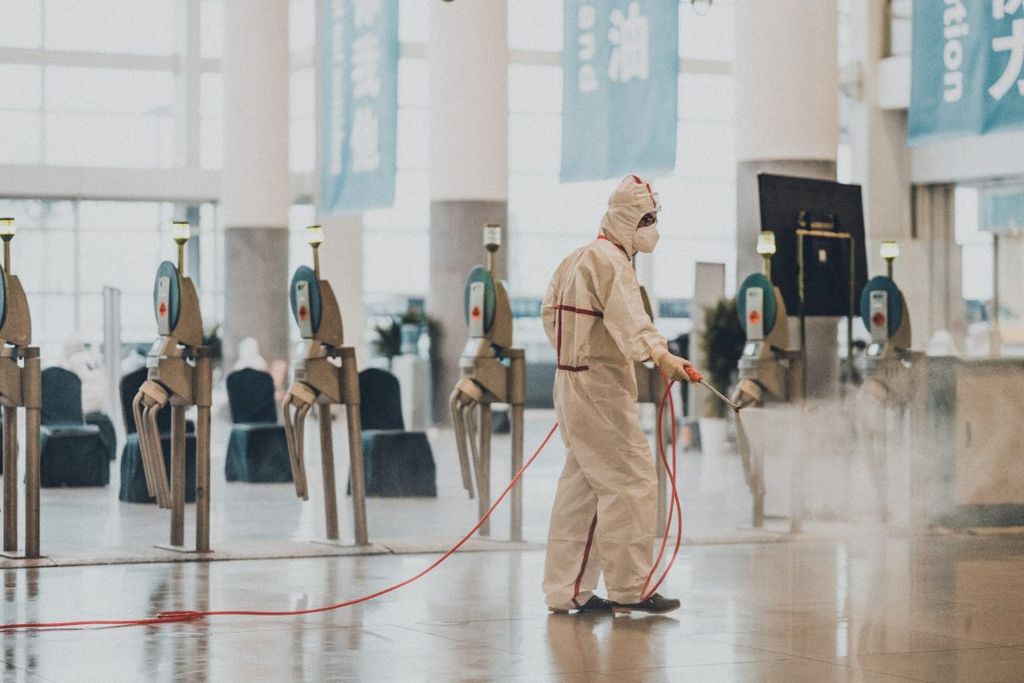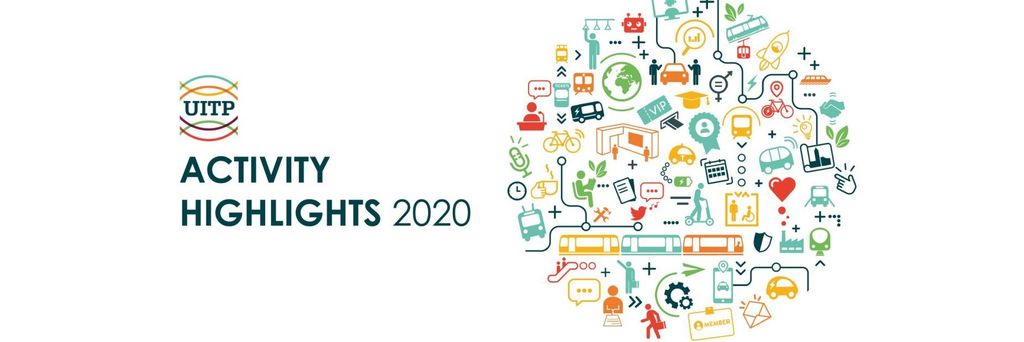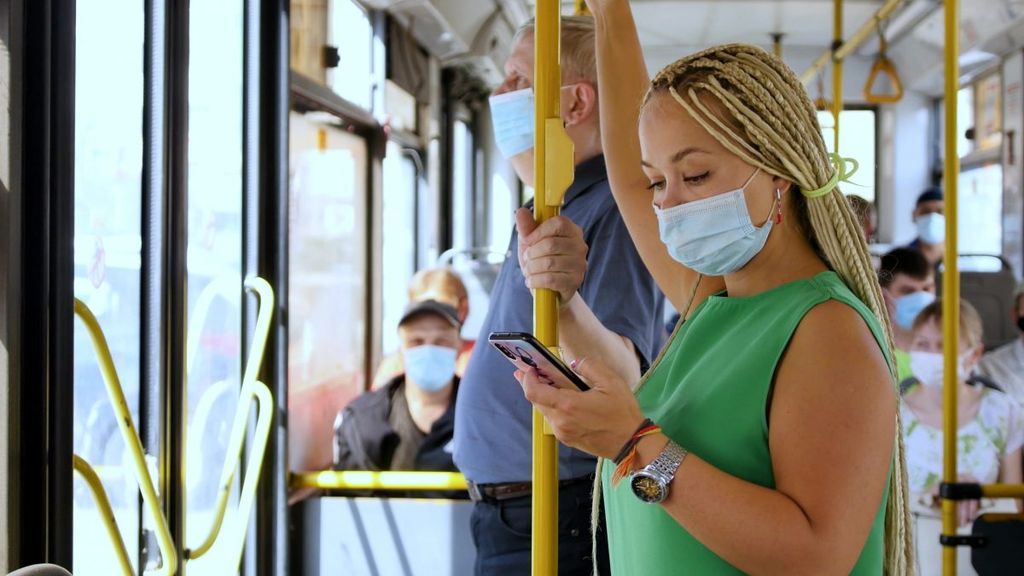
Regaining passenger trust with CO-APS: talks with Barcelona and Karditsa
With the outbreak of COVID-19, our cities changed, and so did public transport
The year 2020 has brought us many challenges. With the outbreak of COVID-19, our cities changed, and so did public transport.
Fortunately, our sector quickly adopted the recommended safety measures and heroically remained in service for essential trips. And still, our sector continues its efforts to provide the safest possible environment for passengers.
UITP’s participation in the CO-APS initiative, launched earlier this year, fits perfectly into this effort. Funded through EIT Urban Mobility, CO-APS is a new mobile application that helps reduce the spread of COVID-19 by managing density in public transport and public spaces. Managed by a Consortium of nine partners, the project will come to an end this December.
Over these last weeks, CO-APS was tested by real passengers in the cities of Barcelona, Karditsa and Sofia. We spoke to representatives of project partners TMB (Transports Metropolitans de Barcelona) and Karditsa Municipality about their role in the CO-APS project.
UITP Member TMB (Transports Metropolitans de Barcelona) is a partner in the CO-APS project
First, we spoke to Gerardo Lertxundi, CEO of TMB. How has his city dealt with the challenges posed by the crisis?
Can you tell us a bit more about some of the initiatives TMB has taken to meet the challenges in public transport?
The mobility restrictions ordered by the authorities, especially last spring, led to a significant decrease in the number of users of the TMB transport network (up to 91%). In recent months we have been recovering passengers, but with the fluctuations in line with the evolution of the health crisis.
Public transport has not been a space where important outbreaks have been found. The disinfection work carried out by the operators, the compliance with the established regulations (masks, washing with hand sanitizer, which we have been installing), intensification of the ventilation systems… They all outline the main challenge we face: the need to regain the trust of users in public transport. In this new reality, mobility in Barcelona and its metropolitan area must once again revolve around sustainable means of transport, slowing down the rise in the use of private vehicles that we are seeing.
Since the beginning of the pandemic, TMB has been taking measures for the safety of its passengers and workers. Among them are: increased service levels (especially during rush hours), the reinforcement of cleaning of vehicles and facilities, testing of innovative sanitation techniques, minimising passenger’s contact with surfaces (for example through contactless payment) and using a wide range of channels to remind people of health and safety regulations. Finally, we also help planning trips by providing an application (website and mobile) that indicates the level of occupancy by transport line and time of the day.
Thanks to these and other measures adopted, TMB’s networks, both on the metro and on buses, have been officially accredited as safe with the Applus certificate.
To overcome the current crises we are facing, public transport will continue to be fundamental and therefore Barcelona is promoting, more than ever, sustainable mobility.
The COVID-19 crisis is ongoing, but fortunately we know a lot more than we did some months ago. How do you see the future of the city and its public transport network?
We are facing a triple crisis: health, environmental and social. To overcome them, public transport will continue to be fundamental and therefore Barcelona is promoting, more than ever, sustainable mobility. The scenario of the new normality requires a new mobility in which transport operators, governments, companies and productive sectors as well as citizens, are all involved.
CO-APS was also tested in the city of Karditsa, Greece
Also participating in CO-APS is the city of Karditsa. We spoke to Natalia Tzellou, Head of the Department of Development Planning.
Can you tell us a bit about your role in the CO-APS project?
Karditsa is one of the four cities participating in CO-APS project, representing the case of a medium-sized city that also acts as the centre of smaller towns of the area. Its role in the project is to test CO-APS application locally, in collaboration with the public transport operator and other stakeholders and to evaluate how CO-APS can benefit cities of its type. CO-APS is being tested on specific bus routes, and incentives for using the app will be provided in collaboration with local stakeholders and in the framework of promoting sustainable behaviour.
Karditsa considers replicating the CO-APS approach in other sectors, such as Public Services and Public Spaces, for improving health conditions and the better management of crowdedness.
How has CO-APS helped your city and its public transport network?
Public transport is of paramount importance in our city. Even though the healthy and active citizens managed to shift to walking or cycling, an important part of our society –such as elderly and commuters from around cities- are Public Transport reliant and face important difficulties due to PT crisis. CO-APS helps in two levels; at the short-term it serves as a practical means of informing passengers on crowdedness, allowing them to choose another bus.
At the same time, it will provide the Public Transport Operator with evidence for better responding to passenger needs, as they are shaped because of COVID-19, by e.g. increasing frequency at certain hours of the day, hence improving safety conditions. At the mid/long-term, CO-APS plays an important role towards the effort of restoring trust in Public Transport concerning health conditions. Moreover, Karditsa considers replicating CO-APS approach in other sectors, such as Public Services and Public Spaces for improving health conditions and manage better crowdedness.
The full interviews with all partners, including Sofia, can be found on the CO-APS website.
New UITP Knowledge Brief: Flattening peak travel time: Measures to better distribute travel demand
Last week, UITP published its new Knowledge Brief, Flattening peak travel time: Measures to better distribute travel demand, which takes a closer look at recent case studies from around the world and discusses approaches to tackle congestion on public transport lines, which could guide post-pandemic recovery planning.
Find out more here!


